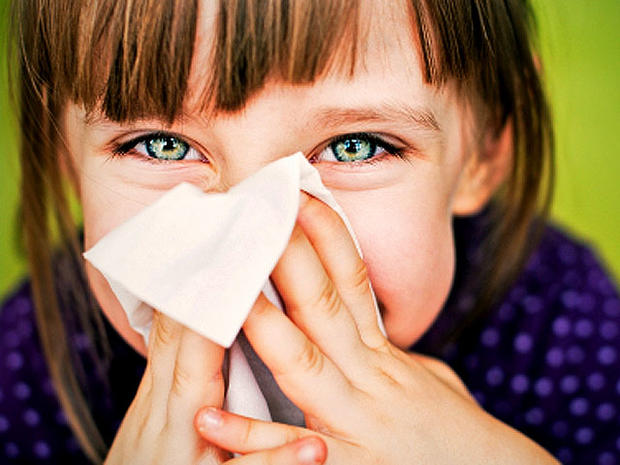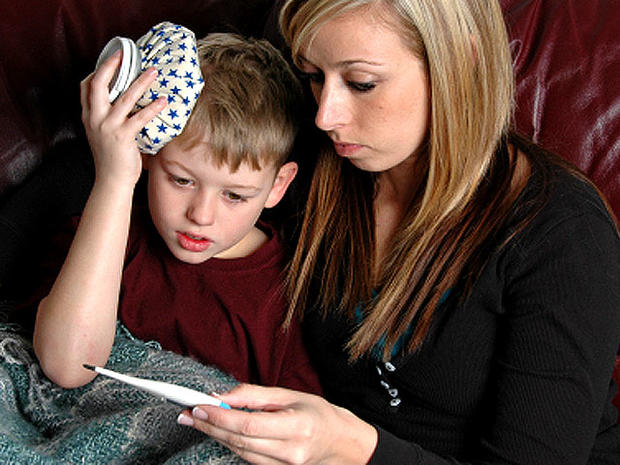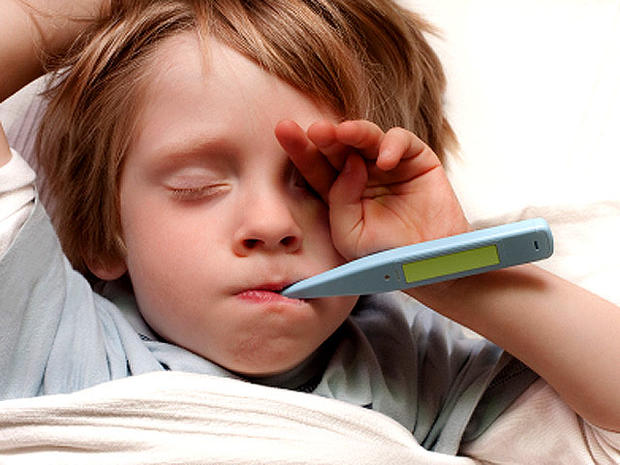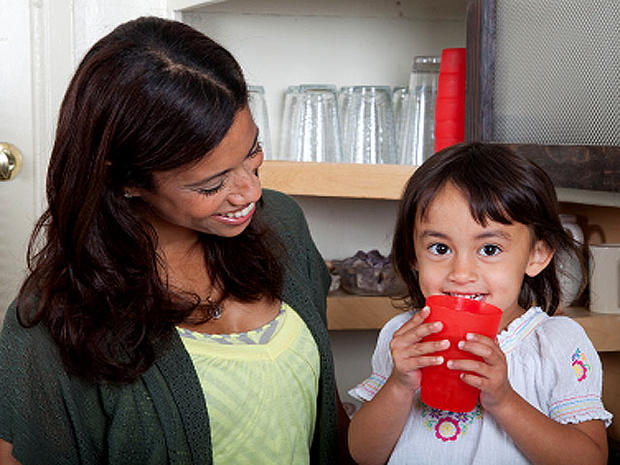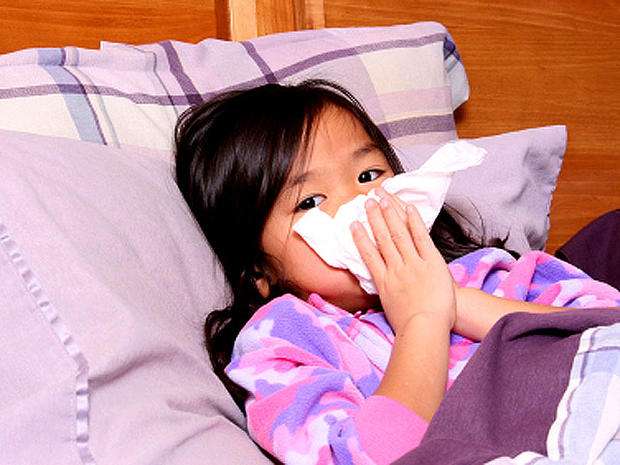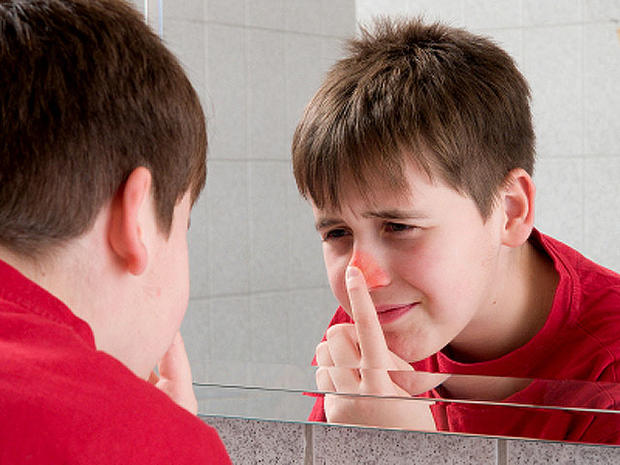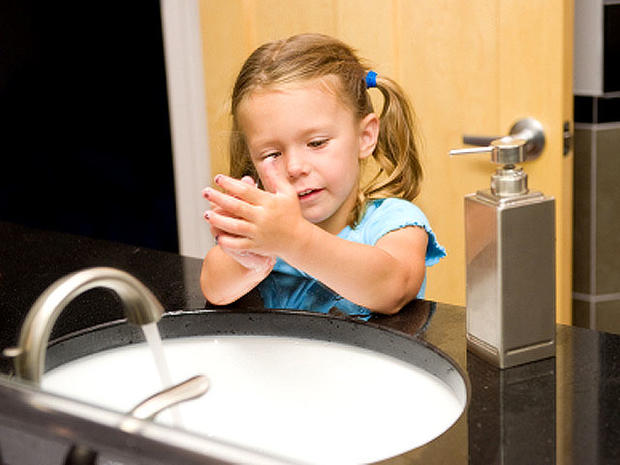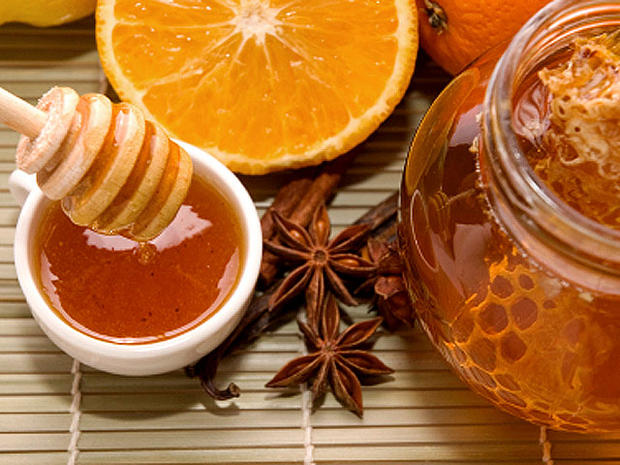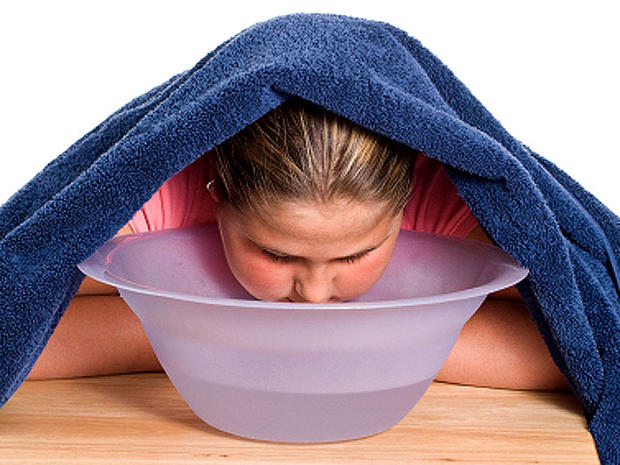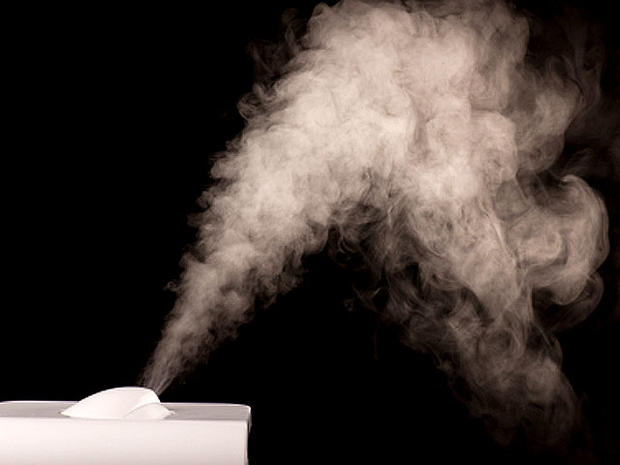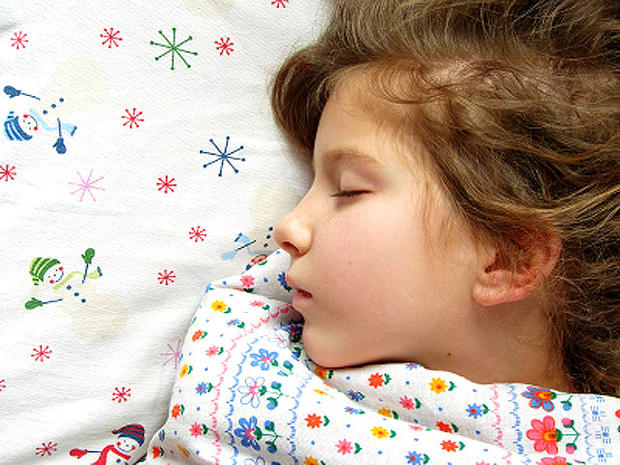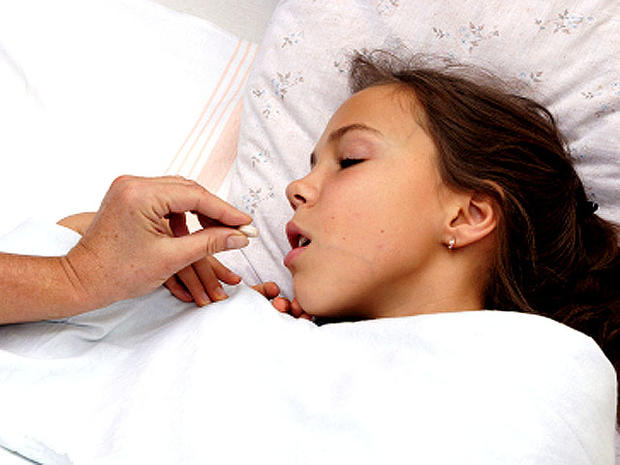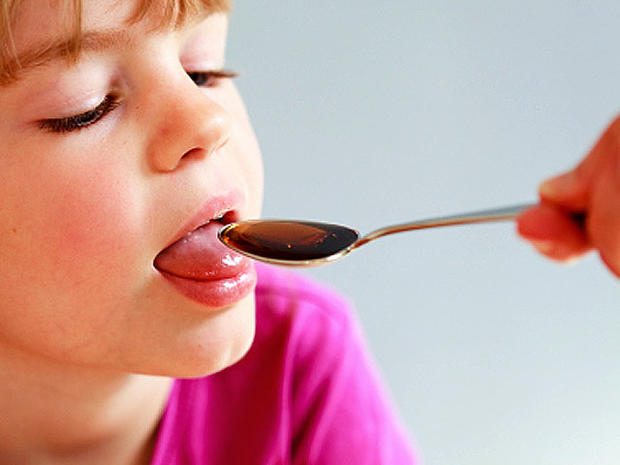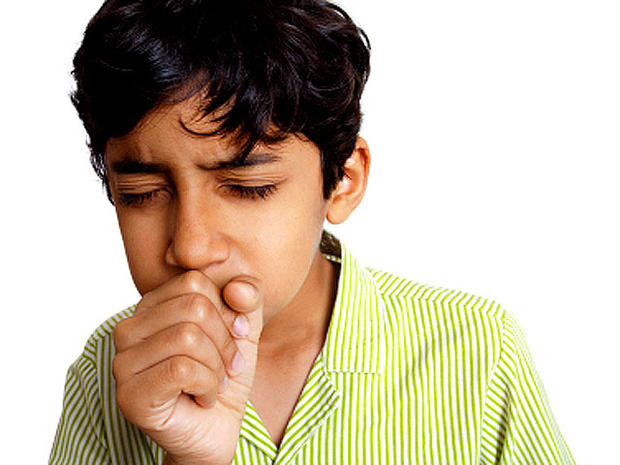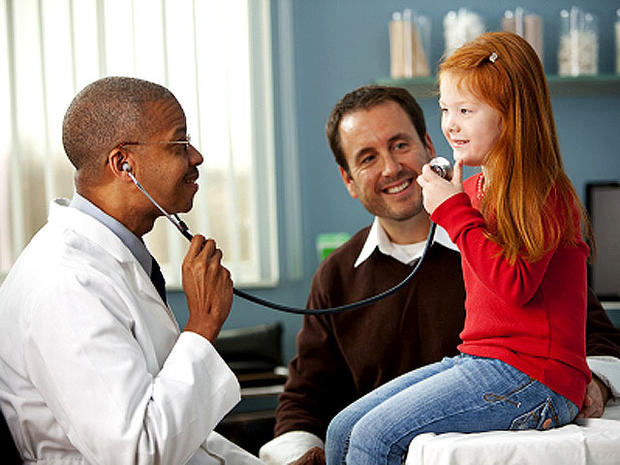Curing kids' colds: 14 secrets parents must know
One thing's clear: None of these over-the-counter medications can cure the common cold or make it go away any faster.
So what's a parent to do? Here, from our friends at Health.com, are 14 steps to help your child get through the stuffy-headed misery.
More from Health.com: 12 vaccines your child needs
Keep them home
If your child has a fever over 101 degrees, or any fever just as he is starting to get sick, keep him home, says the American Academy of Pediatrics (AAP). Even if your child doesn't have a sky-high fever, consider keeping him home if he's too sick to take part in school activities or if he is contagious.
Staying home may help your child get better more quickly and avoid spreading germs to his peers.
More from Health.com: 12 vaccines your child needs
Treat a fever
Use products and dosages recommended for your child's age, says Dr. Peter Cardiello, a pediatrician for the Northern Region of Youth Consultations Service in East Orange, N.J. (Never give a child aspirin because it's associated with Reye syndrome.)
If your child is younger than 3 months old and has a rectal fever over 100.4 degrees, or is between 3 months and 3 years old and has a temperature over 102.2 degrees, seek immediate medical attention.
More from Health.com: 12 vaccines your child needs
Prevent dehydration
"There isn't one best fluid," says Dr. Cardiello. "Water, watered-down juice, flat ginger ale, and Pedialyte are all good."
Frozen popsicles and even good old-fashioned chicken soup will also ensure that your child is sufficiently hydrated.
More from Health.com: 12 vaccines your child needs
Combat a stuffy nose
Research suggests that children ages 6 to 10 who receive a nasal saline rinse recover faster from colds or flu.
"Use two to three drops per nostril while the child is lying on their back," recommends Dr. Cardiello. Then have your child gently blow her nose.
If your child is too young to blow her own nose, you can use a nasal bulb (available in drugstores) to suction out the gunk.
More from Health.com: 12 vaccines your child needs
Treat irritated skin
If your child does have an irritated nose despite your best efforts, gently rub Aquaphor or petroleum jelly on the area to soothe it.
More from Health.com: 12 vaccines your child needs
Keep their hands clean
Teach your children to wash their hands regularly, especially after coughing or sneezing and before eating. This habit can go a long way to stop the spread of disease and keep them healthy. A good trick to make sure they wash thoroughly is to tell them to sing "Happy Birthday" twice.
Hand sanitizers containing at least 60% alcohol can also be an easier way to get those little hands germ free!
More from Health.com: 12 vaccines your child needs
Consider honey
In a 2007 study, giving half a teaspoon of honey to children ages 2 to 5 at bedtime seemed to suppress coughing, although more research is needed. (In the study, children ages 6 to 11 and 12 to 18 also benefited from 1 and 2 teaspoons of honey, respectively.)
"In my experience, while there isn't a lot of medicinal evidence that honey works to stop a cough, it may help the child feel a little better," says Dr. Cardiello.
More from Health.com: 12 vaccines your child needs
Steam up their lungs
The humidity relieves the upper-airway swelling that can cause the croupy cough.
More from Health.com: 12 vaccines your child needs
Try a humidifier
Regardless of which humidifier you purchase, thoroughly clean and disinfect it at least every few days. Improper cleaning (or none at all) could allow mold and bacteria to grow inside.
More from Health.com: 12 vaccines your child needs
Let your child rest
"Children need at least 8 to 12 hours of sleep every night, depending on their age," says Dr. Cardiello. "Getting enough sleep can help prevent getting colds." If your child is already sick, she might need even more sleep than usual.
More from Health.com: 12 vaccines your child needs
Be smart about antibiotics
"Colds cannot be treated with an antibiotic since colds are caused by a virus. Antibiotics do not have any effect on a cold and are not a useful treatment," says Dr. Cardiello.
Plus, unnecessary antibiotic use can cause immunity to the medication and the spread of antibiotic-resistant bacteria.
Unfortunately, there are no antivirals for the cold-causing virus. Flu antivirals may be given to kids with conditions like asthma that make it harder for them to fight the flu, says Dr. Cardiello.
More from Health.com: 12 vaccines your child needs
Skip the cough syrup
If your child is older than 4 years old and has trouble sleeping at night because of a cough, you may be tempted to try a cough remedy. But keep in mind that such medications haven't been shown to help coughs in children, and they may be harmful, according to the AAP, which recommends increasing fluids and humidity to ease coughs.
More from Health.com: 12 vaccines your child needs
Don't ignore serious coughs
A persistent cough, particularly at night, can be a symptom of asthma. And a severe cough, followed by a whooping noise as the child struggles to inhale, can be an indication of pertussis, or whooping cough. A drop in immunization rates has led to pertussis outbreaks in recent years. Children may be at risk, even if they have been vaccinated.
More from Health.com: 12 vaccines your child needs
Seek help
This is especially true if a cold lasts more than five days, as your child could have a sinus infection or even pneumonia. An ear infection is also a possibility, especially if your child is pulling on his ear.
When you do see the doctor, find out when he expects your child to feel better. If your child does not get better or feels even worse, a phone call is warranted to discuss the next step, notes Dr. Cardiello.
More from Health.com: 12 vaccines your child needs
